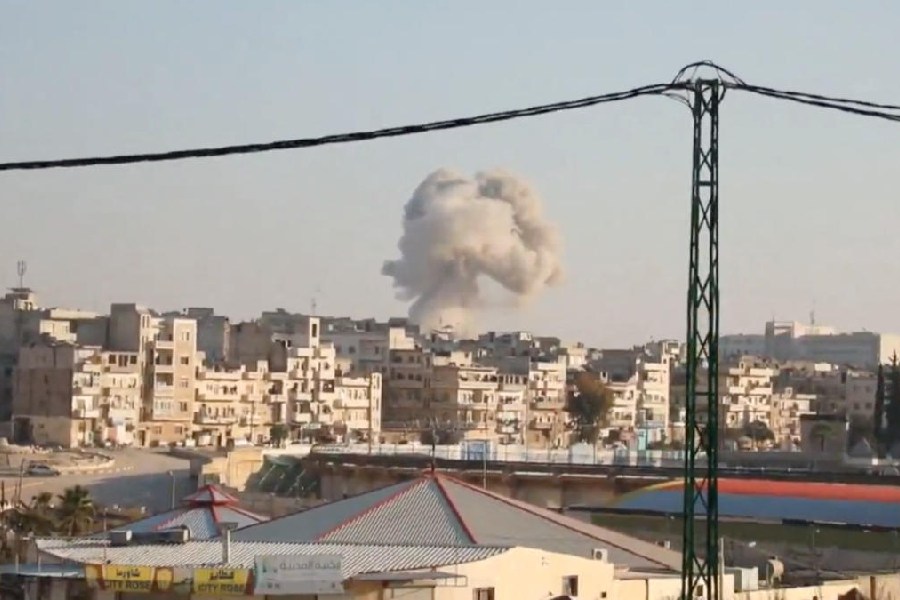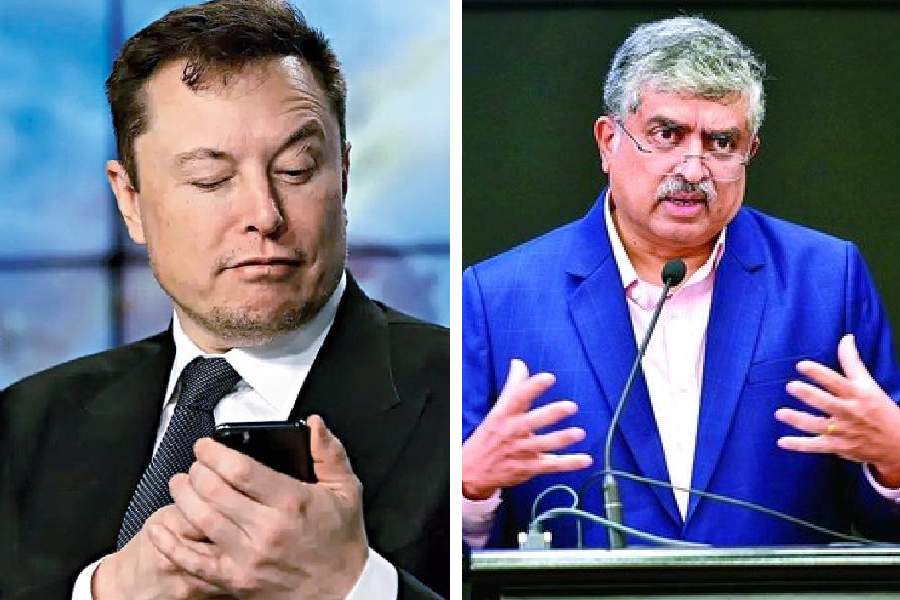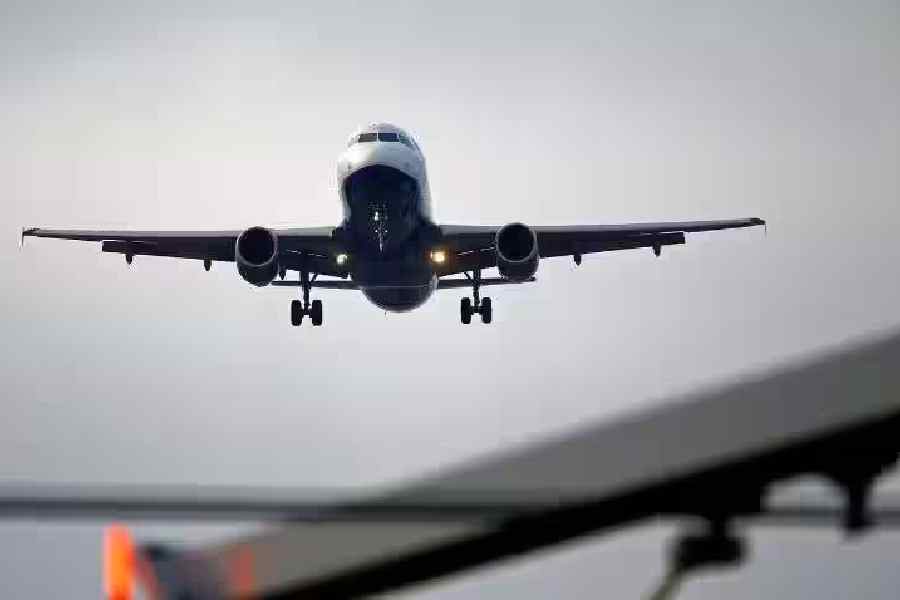The stunning fall of the regime of the Syrian president, Bashar al-Assad, has shaken up the Middle East and threatens to reconfigure major geopolitical equations in a region where the al-Assad family was a fixture in power. But the speed with which Syria’s long-time ruler was deposed will have sent shockwaves through the corridors of power worldwide, especially in countries where leaders are in office because of brute force rather than public legitimacy. Less than three weeks ago, Mr Assad’s reign appeared secure. Syria’s long-running civil war, which started in 2011, seemed to have been decisively settled in his favour, with his government in control of most of the country, even though rebels — often fighting among themselves — held parts of the north. A ceasefire brokered by Russia and Turkey in 2020 froze the conflict along those control lines. The Arab League, which had shunned Mr Assad for most of the war, welcomed him back into its fold in May 2023. This year, Italy reopened its embassy in Damascus 12 years after exiting the country. Mr Assad’s close allies — Russia, Iran and Lebanon’s Hezbollah — appeared to be firmly behind him. But over the past two weeks, rebels led by fighters from the Hayat Tahrir al-Sham, which was formerly an affiliate of the Islamic State and then of al Qaida before it broke away as an independent outfit, routed the Syrian army in city after major city before executing a dramatic assault on Damascus. By the end of Sunday, Mr Assad had fled, possibly to Russia, and rebel fighters were in control of his presidential palace.
These developments warrant a mix of optimism and caution. The HTS has an extreme Islamist past and its promise to not engage in revenge acts or target minorities will need to be tested. The Taliban in Afghanistan too had made similar commitments when it returned to power, only to defy them. Yet the relief and joy on the faces of millions of Syrians in their homeland and in the diaspora over the fall of an authoritarian leader cannot be ignored either as notorious jails are thrown open and families reunite. The Great Game among international powers is also likely to continue. But Syria shows that leaders will always be fragile without a genuinely popular mandate.










